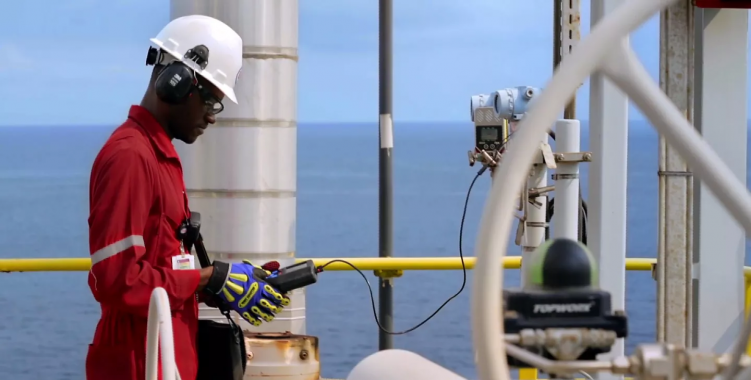Speaking to Lusa, the ADB representative in Angola, Pietro Toigo, said there are some constraints to investment in the energy sector, which records commercial losses of 12 percent, even despite low tariff costs.
To end the constraints, he defended the economic sustainability of companies in the sector, particularly at the level of the National Transport Network (RNT), a public electricity transport company, and the National Electricity Distribution Company (ENDE).
"So, the technical stability of ENDE and RNT will be important, which is why it is necessary to strengthen tax collection, certainly a reflection on energy tariffs, which are highly subsidized by the State", he stated.
Toigo considered state subsidies to energy tariffs as "an acceptable political-social choice - each sovereign State decides -", noting, however, that, at the moment, the tariff structure in Angola "privileges the richest".
"When we think that the poorest don't even have access to energy, then they don't benefit from these services. Then we can think of a way to restructure tariffs so that the biggest beneficiaries are the most vulnerable populations", he said.
The ADB representative in Angola even defended the need for there to be a tariff structure (for energy) so that profits are reinvested in the expansion of these services to the most vulnerable populations.
He admitted that socially it is always "very complicated" to remove subsidies from the energy sector immediately, especially at a time when the gradual removal of fuel subsidies is also taking place in Angola, defending a "gradual and transparent" process.
"Right now, even with tariffs so low, we have commercial losses of 12 percent, that is, even with these low costs (...). In addition, investment in distribution is also necessary", noted Pietro Toigo.
The head of the ADB highlighted the very high technical losses as another constraint for the sector, considering it necessary to collect 12 percent of the sector's commercial losses "without touching tariffs".
The next step will be "to have a higher or differentiated tariff for large consumers, that is, we can have social tariffs so that large consumers pay more", he added.
"The process has to be gradual, I don't think anyone should suggest an immediate removal of energy tariffs. It is important to have better structuring and for the channeling of subsidy costs to be transparent for everyone", he signaled.
"And it is important to explain to the population how this additional revenue will be invested, for example", he said.
Pietro Toigo, who was speaking as part of the seventh edition of the "África Energy Market Place (AEMP)", which will take place in Luanda next Thursday, also expressed a lot of optimism in this event, which should open Angola's doors to new investments in the sector .
On the 26th of October, Thursday, the city of Luanda hosts the seventh edition of the "Africa Energy Market Place (AEMP)", organized by the African Development Bank group, bringing together the main players in the energy sector to discuss implementation models of investments and propose solutions to resolve the main constraints that prevent increased investment in this sphere.
This year's edition will have the theme "Accelerating reforms and increasing investments in the energy sector".







